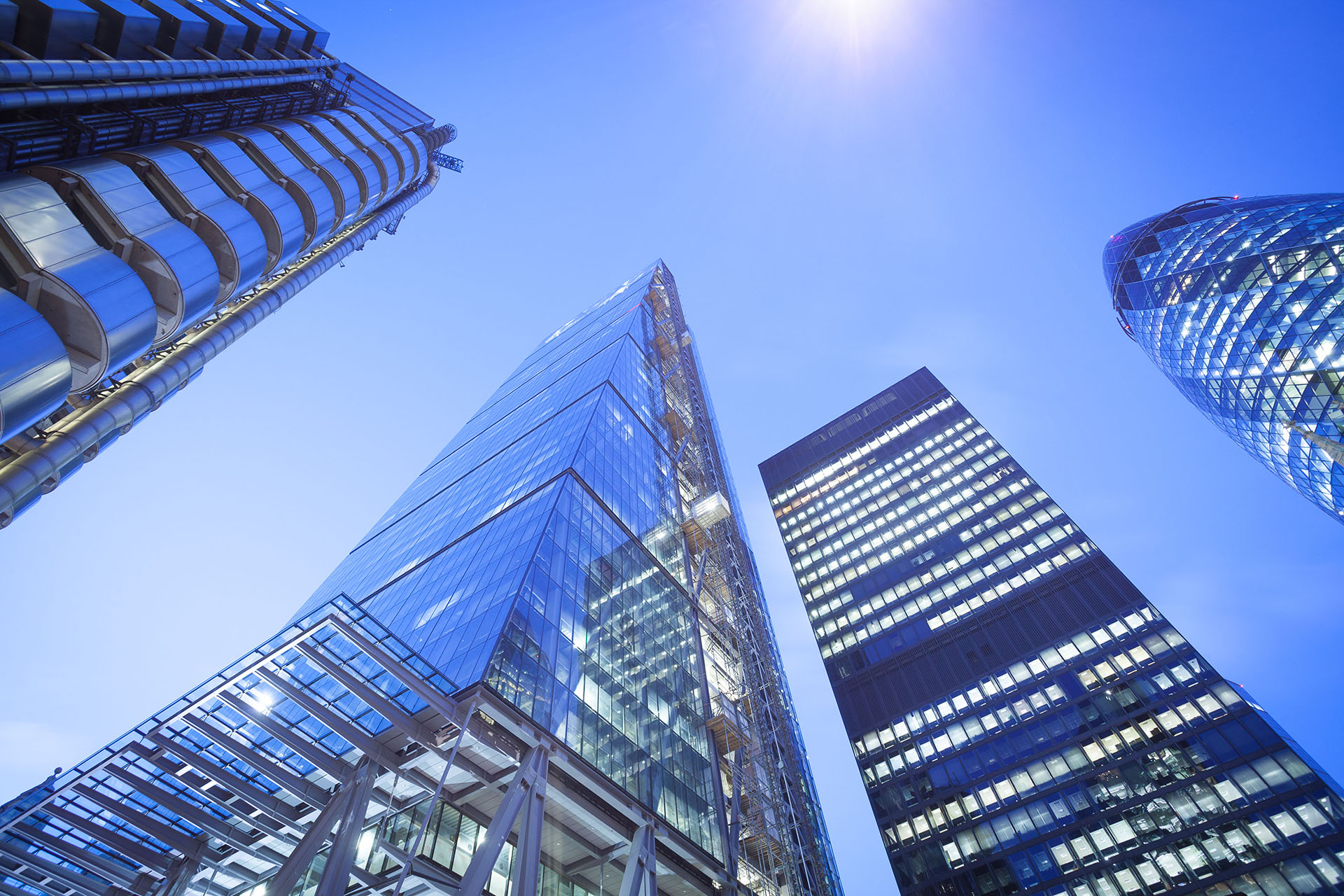Leaders of Britain’s low carbon buildings managers have published new insight revealing the built environment industry is significantly off-track with the pace needed to meet the UK’s Net Zero commitments.
Property management and construction is second in the UK only to surface transport as a source of climate emissions. It even exceeds energy generation and transmission.
New analysis from the UK Green Building Council (UKGBC) comes in a progress report updating data related to UKGBC’s Net Zero Whole Life Carbon Roadmap published two years ago at COP26 in Glasgow.
Between 2018 and 2022, the report chronicles, carbon emissions from UK buildings and their management fell by only 13%, less than the 19% required to meet the UK’s Net Zero pathway. In real terms, the shortfall represents 11 MtCO2e of carbon emissions, or the polluting output of 6.5 million cars per year.
Such inadequate progress over four years will, the UKGBC research argues, require key sectors in the built environment to decarbonise nearly twice as fast over the next two years in order to achieve emissions reductions adequate to the Net Zero pathway established by the Whole Life Carbon Roadmap.
The update identifies sections of the property industry where faster progress is needed, while also assessing the impact of the Covid pandemic on decarbonisation. Key findings include:
- Despite a substantial reduction in construction during the Covid pandemic, embodied carbon emissions fell by just 4% since 2018, less than a quarter of the pathway target
- Covid-19 had a notable impact on energy demand and operational emissions from buildings, but recent record lows in domestic energy consumption were driven by record warm temperatures together with rising energy prices and high costs of living in 2022
The Green Building Council‘s chief executive Smith Mordak commented:
“Unprecedented global events have shaped the story of the built environment over the last four years, but despite forced emissions reductions during the pandemic, this progress report makes one thing clear: our industry is not moving fast enough.”
The report also highlights a critical gap in national policies that could make-or-break efforts by the built environment to meet the required pace and scale in buildings’ decarbonisation’. The report calls on political leaders to reject premier Rishi Sunak’s recent retreat from ambitious Net Zero action. It calls instead for urgent government action in three key policy areas:
- A step-change in national government investment in home retrofit to make it affordable and accessible to all – including a stamp duty incentive to reward home decarbonisation
- A more robust regulatory landscape to ensure new homes and buildings will be genuinely ready for a net zero future.
- Clear national legislation to give climate and nature priority in planning decisions, and a system of local carbon budgets to enable local decision-making aligned with national targets.
On the politics of accelerating buildings’ sustainability, Mordak added:
“The timeline to meet net zero cannot be extended. We must now reduce emissions twice as fast as we have been to get back on track. The later we leave it, the harder it will be and the greater the missed opportunities for tackling interconnected nature and social crises. Industry and government need to work hand in hand to create decisive change and bridge the emissions gap that sets us on path to deliver net zero.”
This project forms part of WorldGBC’s #BuildingLife collaboration project. Read more here.




